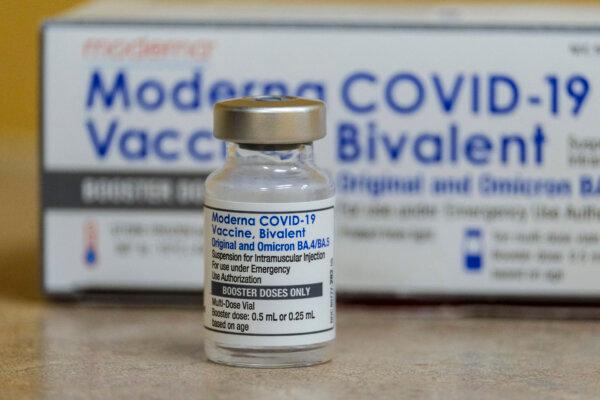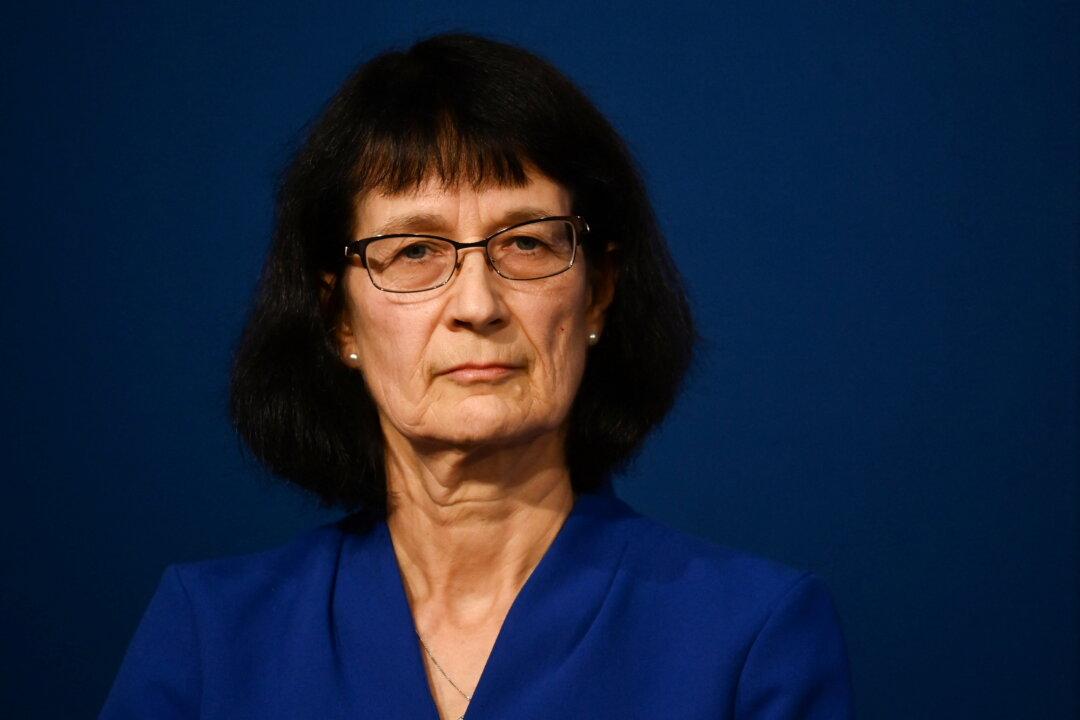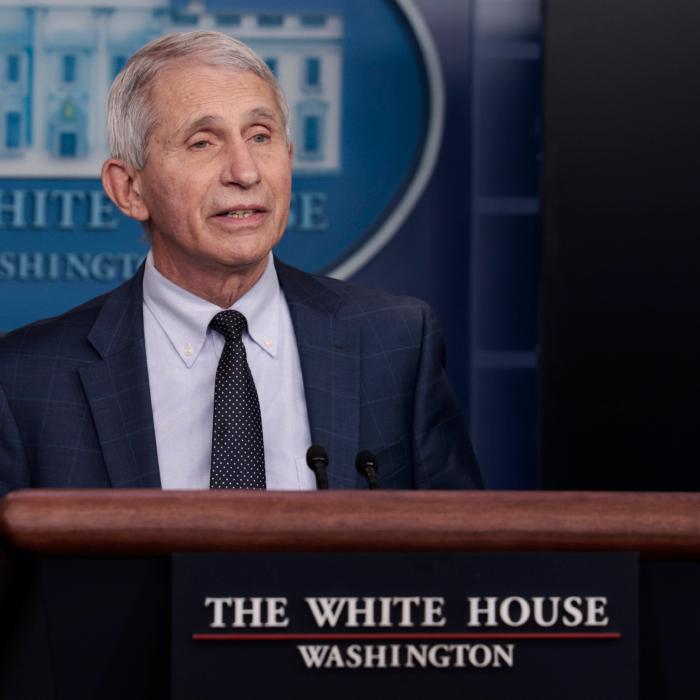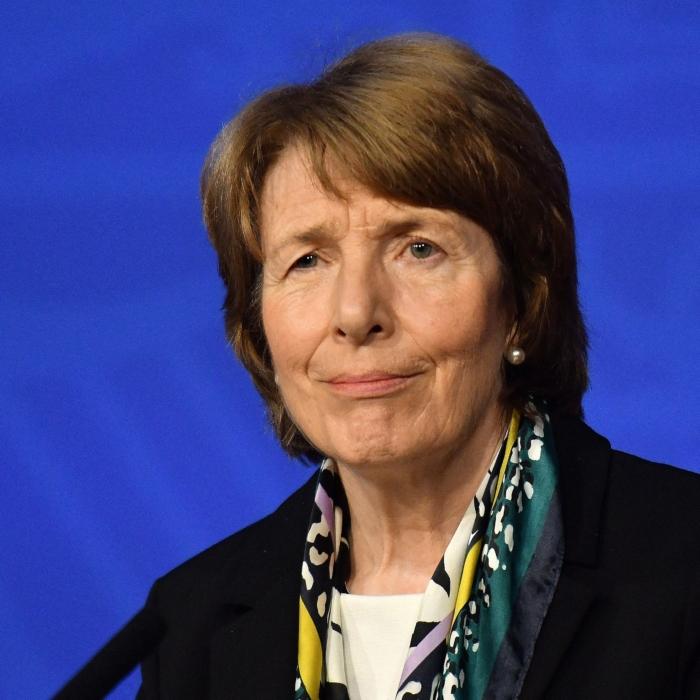The head of the UK Health and Securities Agency (HSA), Dame Jenny Harries, told a group of MPs this week that the agency has released data on COVID-19 vaccine dose dates and deaths to the pharmaceutical companies which is not available to the public because it is “commercially sensitive.”
Ms. Harries told a health select committee hearing on Monday that the HSA is “looking into” whether this data might now be released to the public following a growing call from MPs and campaigners who are concerned about a possible link between the vaccines and excess deaths.
However, she said: “We have released anonymised aggregate data to manufacturers. This is for their own vaccines, to support their obligation to report to the MHRA (Medicines and Health Regulatory Agency) as part of their routine safety surveillance. But these data are commercially sensitive.”
Ms. Harries, who was the deputy chief medical officer before becoming head of the newly-created HSA in 2021, said the organisation has received a Freedom of Information request for data sets on vaccine dosing and deaths, and her staff are “trying to understand what we can and can’t release.”
“I think the other thing is, the conversation started about excess all-cause mortality based on aggregated data, and it only signals ... and I do just want to flag the realities of this, because to report a death as excess, you have to have a baseline as well ... so for something like flu, we know what that is.”
She said that ever since the COVID-19 jabs were rolled out in January 2021, the HSA has worked closely with the MHRA—which leads on vaccine safety—as well as the Office For National Statistics (ONS) and other academic groups.
Ms. Harries, who was made a Dame in the 2022 New Year honours list after heading up the much-criticised NHS Track and Trace system, said the HSA is working to develop a “one health biosecurity surveillance network” in preparation for the “next pandemic.”
Her prediction that there will be “another pandemic” was echoed by Professor Sir John Bell, Regius Professor of Medicine at Oxford University, who also appeared before the committee.

‘Climate Change And Moving Insects May Cause Pandemic’
“It’s definitely gonna happen ... everybody should just get used to it. The real question is whether it will be in the short or medium term ... some of the better estimates suggest that there’s a 20 or 30 percent chance of having another pandemic in the next 20 to 30 years.”“There are a lot of things pushing humans together, climate change is not gonna help with that ... insects are moving all over the place.
“It seems inconceivable to me that we won’t have another big event.”
Sir John said that while it was devastating to those who lost loved ones, in many ways COVID-19 was not “a really bad” pathogen because it was not highly contagious and hadn’t proved deadly to the vast majority of people, but had offered an opportunity to learn in case there was a “really bad event.”
Answering a question on production and manufacturing, Sir John said there was a need for a successful programme to produce “hot and ready to go” vaccines that could “pivot” and be adapted to any new pathogen that emerged.
Sir John claimed, “We did really well with vaccines in this pandemic,” which he said worked “remarkably well with taking the edge off the severe end of the disease” and “stopped people dying ”face down in ICUs.”
There was no discussion of vaccine damage during the meeting, but Sir John admitted, “There’s lot about the vaccines we didn’t know and we still don’t know.”
“They don’t really stop transmission of the virus ... they’re not very durable. Durability, maybe five, six months.”
“They’re not great vaccines. We need good vaccines.”
Sir John said he was “quite close to” pharmaceutical giant Moderna because he sits on their advisory board, and called the Government’s ten-year deal to develop mRNA vaccines with the company “interesting,” but “not enough.”
Nano-Particle Vaccines With a ‘Mosaic’ of Coronaviruses
“If you take nano-particles and you put a mosaic of a whole range of different coronaviruses on a single nanoparticle, then antibodies can cross-link to two different variants or different kinds of coronaviruses, and what that does is, it makes the antibodies that you generate not directed at the highly variable bits but at the conserved bits of a spike.“So the chances of being able to get a response which protects you against a range of coronaviruses is quite high.”
Sir John said he couldn’t understand why there were not more manufacturing developments in the UK.
“I don’t get it actually, there’s not much going on,” he said, speaking ahead of the budget day announcement that Astra-Zeneca is investing £650 million in a new vaccine manufacturing facility in Liverpool and may increase its presence in Cambridge.
The MHRA has come under fierce criticism from a cross-party group of MPs in a three-part letter highlighting its failings, including for failing to withdraw the Astra-Zeneca vaccine immediately the Yellow Card system began to flag up that it was causing serious and fatal blood-clots.
But Sir John praised the regulator, saying there was “no question” the MHRA was “a stunningly good regulator” but said that “more resources” were needed to improve clinical trials in the UK.







